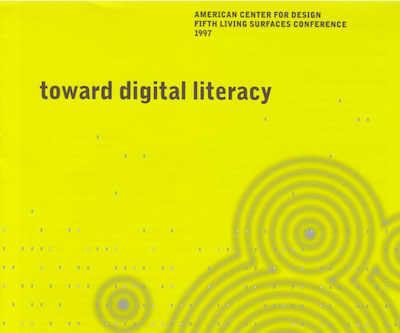Lisa Welchman
Digital Expansion Requires Digital Governance
Written by Erin Malone
With the rise of the consumer web and deluge of information, not only did digital only companies emerge, but existing businesses expanded their digital presence to complement their offline experiences. That increase led to companies managing their digital online presence and other digital aspects of their businesses, often siloed by divisions without a clear, cohesive strategy across the organization.
Lisa Welchman has evolved her career from web design and development to digital governance, a niche that is difficult to explain but also incredibly important for any company that has a digital presence. Digital governance and cohesion are as important to a company’s brand as the application of the design system across all touchpoints.
Welchman began her career with the emerging dot com boom. She had been studying for a PhD in philosophy at Columbia University in 1988 when she was introduced to HyperCard after her grandfather bought her one of the first Macintosh computers. She left school, temped at various companies, and eventually began doing development work. She also got married and had a son.
A friend of hers from Silicon Valley sent her a book on HTML and told her she should learn it. Welchman was home on maternity leave and was bored, so she taught herself HTML. This led to a move to California, a divorce, and a new job working from home, coding pages for Netscape. This was 1995.
In 1996, she started working for Cisco on their website. “When I arrived at Cisco, they already had a 250,000-page website and they already had 13 different country sites.”[1] One of her colleagues, Jan Johnson-Tyler, had already designed a system that allowed content creators to drop a document onto software for multi-channel publishing. It would publish to the intranet and then allow all the salespeople to grab whitepapers. But all these documents still needed to be converted to the external public site and that is what Welchman was doing. She told me, “after two days I wrote a macro. It was machine stuff coming out and it was dumb. So, I designed a system that would do that macro and auto publish these documents to the external website.”[2]
This was her first encounter with large, multilingual, multiple stakeholder enterprise scale organizations and all the dysfunction that comes along with that.
Welchman left the company and created her own consulting firm. “I was a single parent and single mom and I wanted to prioritize time with my son. When I was at Cisco, my son was always the last kid at the daycare. And I decided that’s not the kind of mom I want to be. So, I quit and started my own business. And my son has grown up watching me own and operate a business. He’s an adult now.”[3]
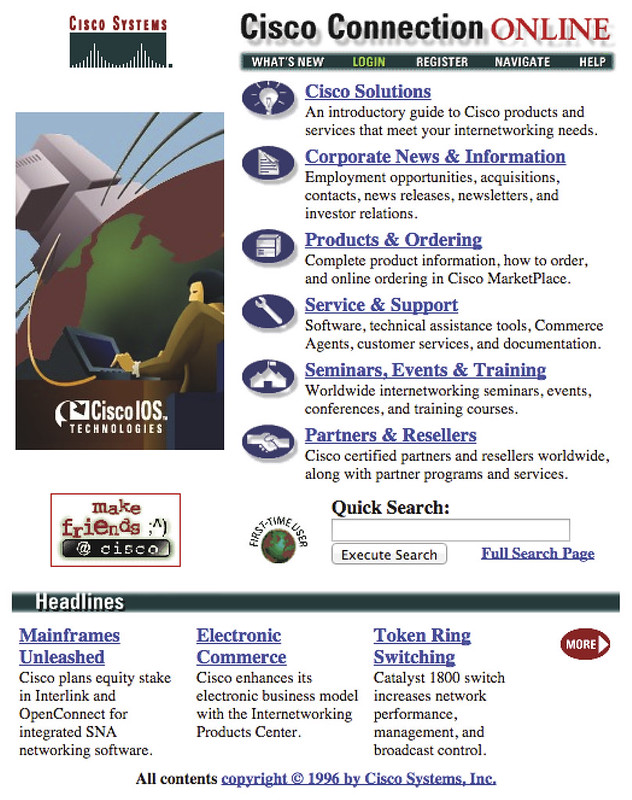
The original Cisco site in 1996. From Managing Chaos.
Welchman moved back East and began consulting for big federal government agencies like the EPA, the treasury department, and the first dot gov—the first U.S. government portal. Eventually she decided she was doing the same project over and over again and really didn’t care about the technology. “There were no unique problems. Most of the challenges around organizing and supporting large scale websites still just focused on the sites and not the people or power plays. So, I started to focus on that and began calling it web operations management.”[4]
Her book Managing Chaos, Digital Governance by Design is one of the earliest books published on the topic. “What I haven’t been good at, unlike the content strategists, is building a movement around digital governance. Some of it is me, some of it is the nature of what I do. Governance projects are often structured around technology, but you really can’t do a project well like that. It really needs to be at the strategic level and most consulting firms are going to spend their time selling technology.”[7]
When we spoke, Welchman told me she had started to think about the next stage of her career and transferring her knowledge to the next generation. She works on about one large project a year. Additionally she and Andy Vitale started the podcast, “Surfacing” in 2021. She has also begun teaching. In 2021, she moved to the Netherlands in preparation for retirement. “I’ve spent a lot of time in Europe. I have had a lot of clients in Europe. I thought I better get over here and make some friends and get myself established.”[8]
Footnotes
[1] Lisa Welchman, Erin Malone talks with Lisa Welchman about Digital Governance, interview by Erin Malone, April 25, 2022.
[2] Welchman, Interview.
[3] Welchman, Interview.
[4] Welchman, Interview.
[5] Welchman, Interview.
[6] Welchman, Interview.
[7] Welchman, Interview.
[8] Welchman, Interview.
Lisa Welchman Bibliography
Welchman, Lisa. "Make It So: Creating Operational Diversity in the Digital Maker Community." Medium, April 27, 2016. https://medium.com/@lwelchman/make-it-so-creating-operational-diversity-in-the-digital-maker-community-6a7e53232616#.uqvdlcndu
Welchman, Lisa. Erin Malone talks with Lisa Welchman about Digital Governance. Interview by Erin Malone, April 25, 2022.
Welchman, Lisa, and Chris Sinton. Managing Chaos: Digital Governance by Design. Brooklyn, New York: Rosenfeld Media, 2015

Managing Chaos: Digital Governance by Design, Welchman, Lisa. 2015. New York: Rosenfeld Media.
rosenfeldmedia.com/books/managing-chaos/
Selected Stories
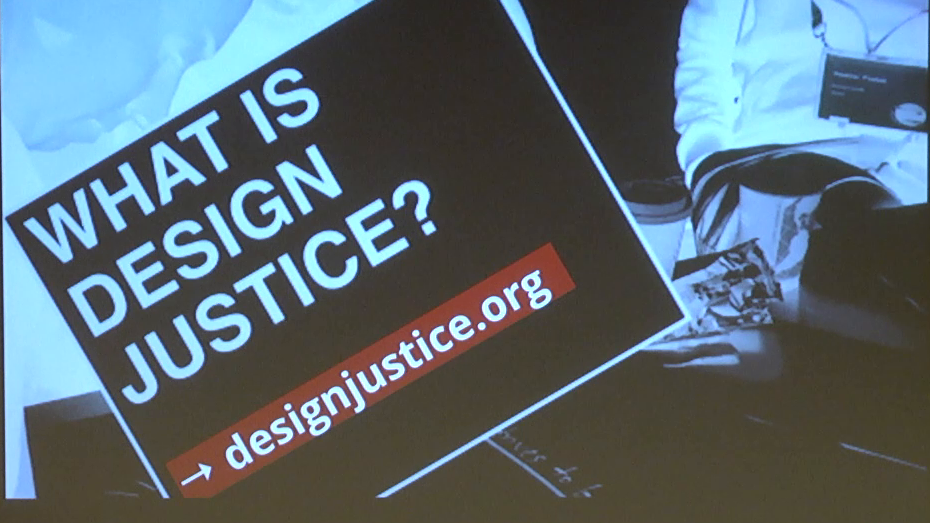
Sasha Costanza-ChockProject type
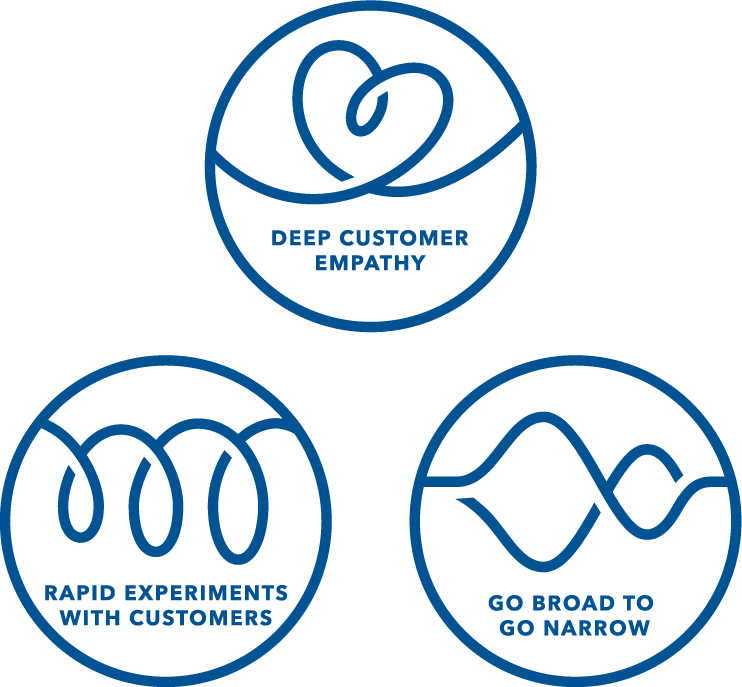
Kaaren HansonProject type

Ari MelencianoProject type

Mizuko Itoresearch
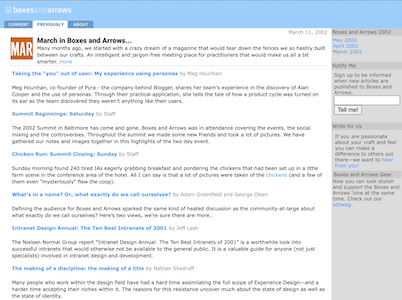
Boxes and ArrowsProject type

Mithula NaikCivic
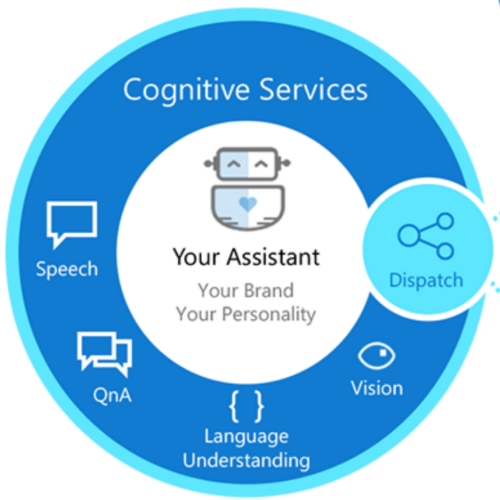
Lili ChengProject type

Ovetta SampsonProject type
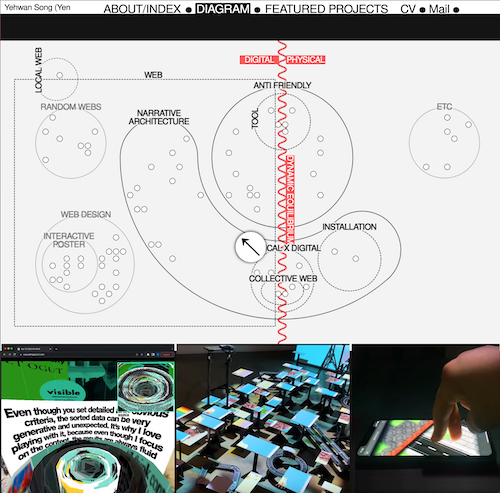
Yehwan SongProject type
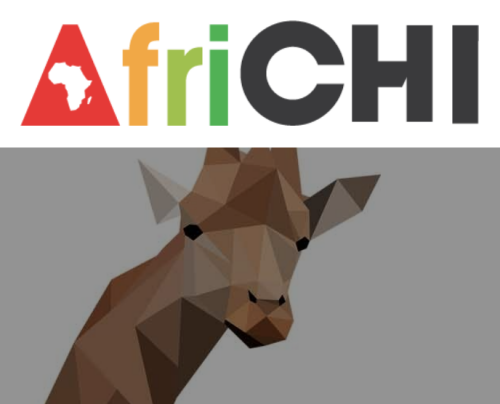
Anicia PetersProject type

Simona MaschiProject type
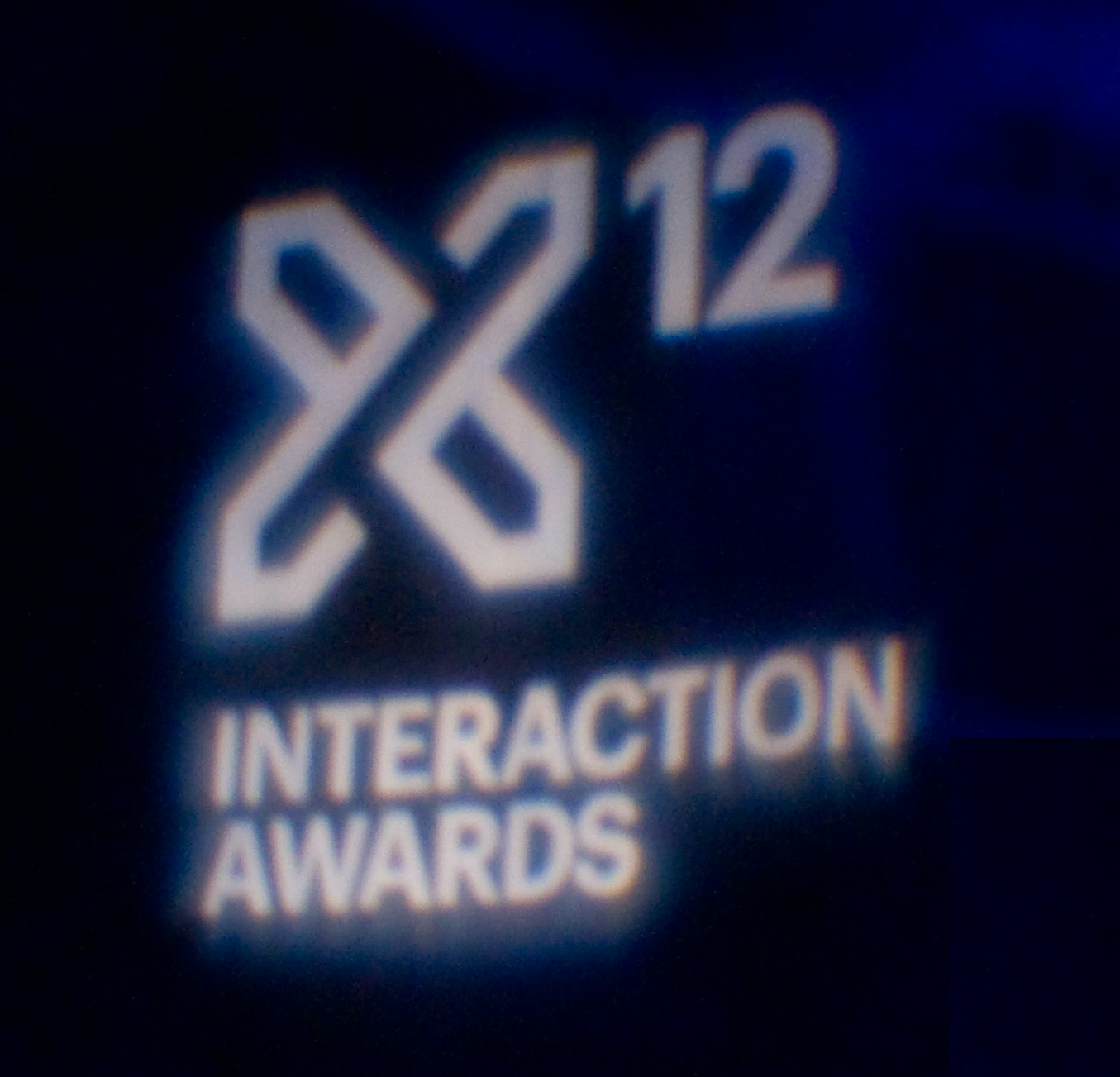
Jennifer BoveProject type
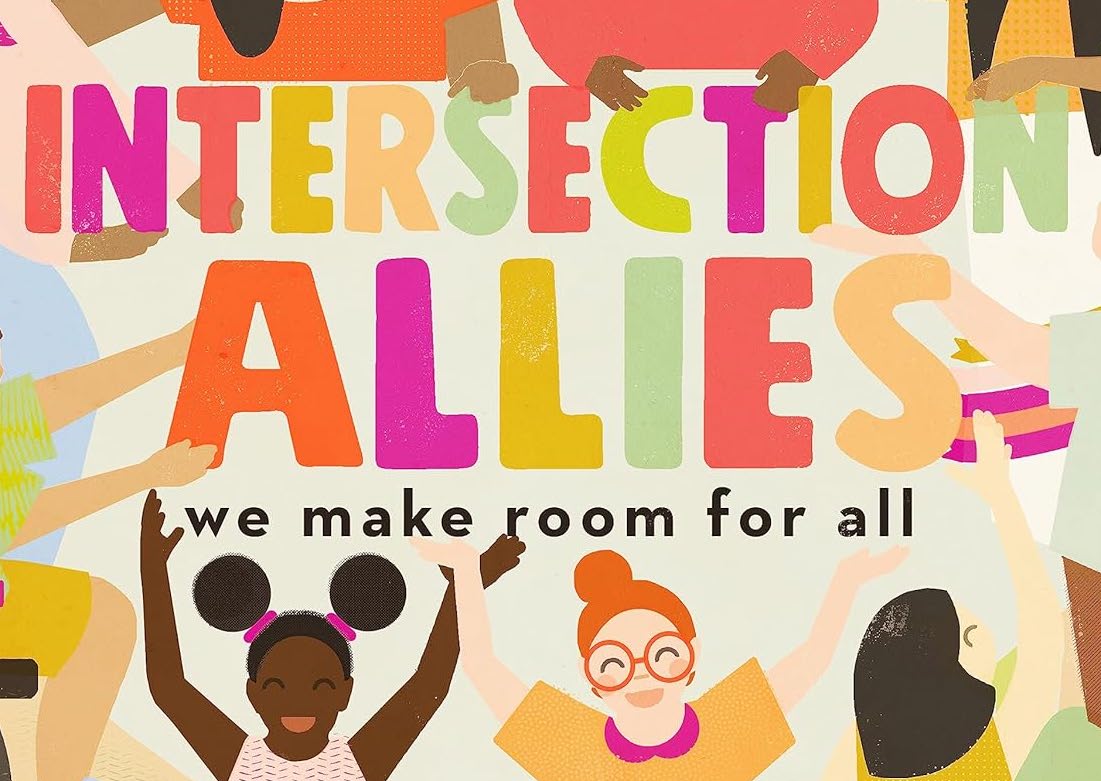
Chelsea JohnsonProject type
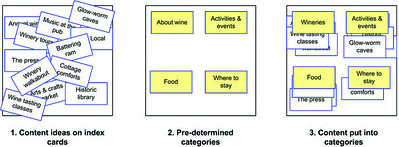
Donna SpencerProject type

Lisa WelchmanProject type
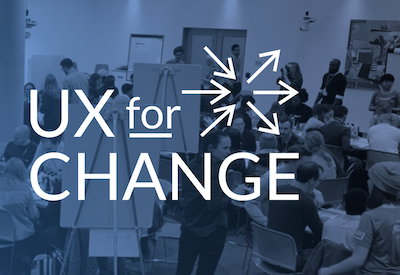
Sandra GonzālesProject type

Amelie LamontProject type

Mitzi OkouProject type

The Failings of the AIGAProject type
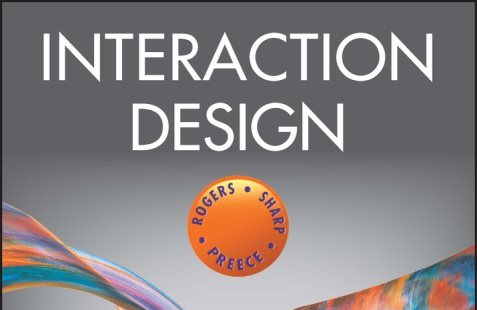
Jenny Preece, Yvonne Rogers, & Helen SharpProject type

Colleen BushellProject type

Aliza Sherman & WebgrrrlsProject type

Cathy PearlProject type

Karen HoltzblattProject type

Sabrina DorsainvilProject type
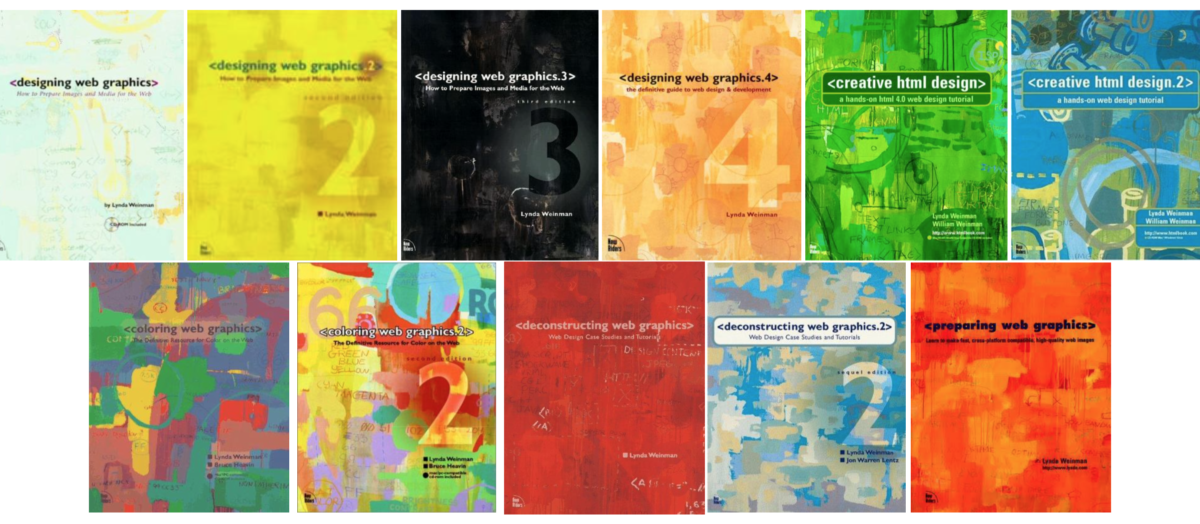
Lynda WeinmanProject type

Irina BlokProject type
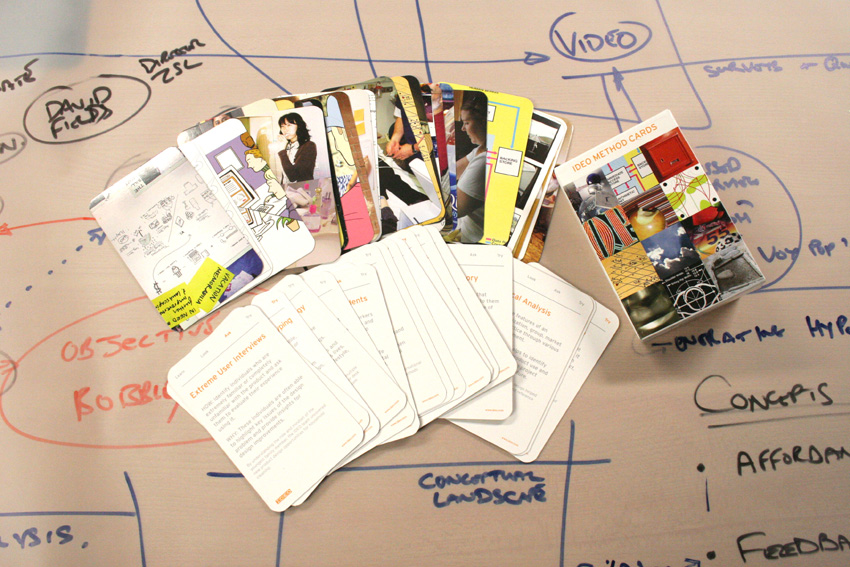
Jane Fulton SuriProject type

Carolina Cruz-NeiraProject type
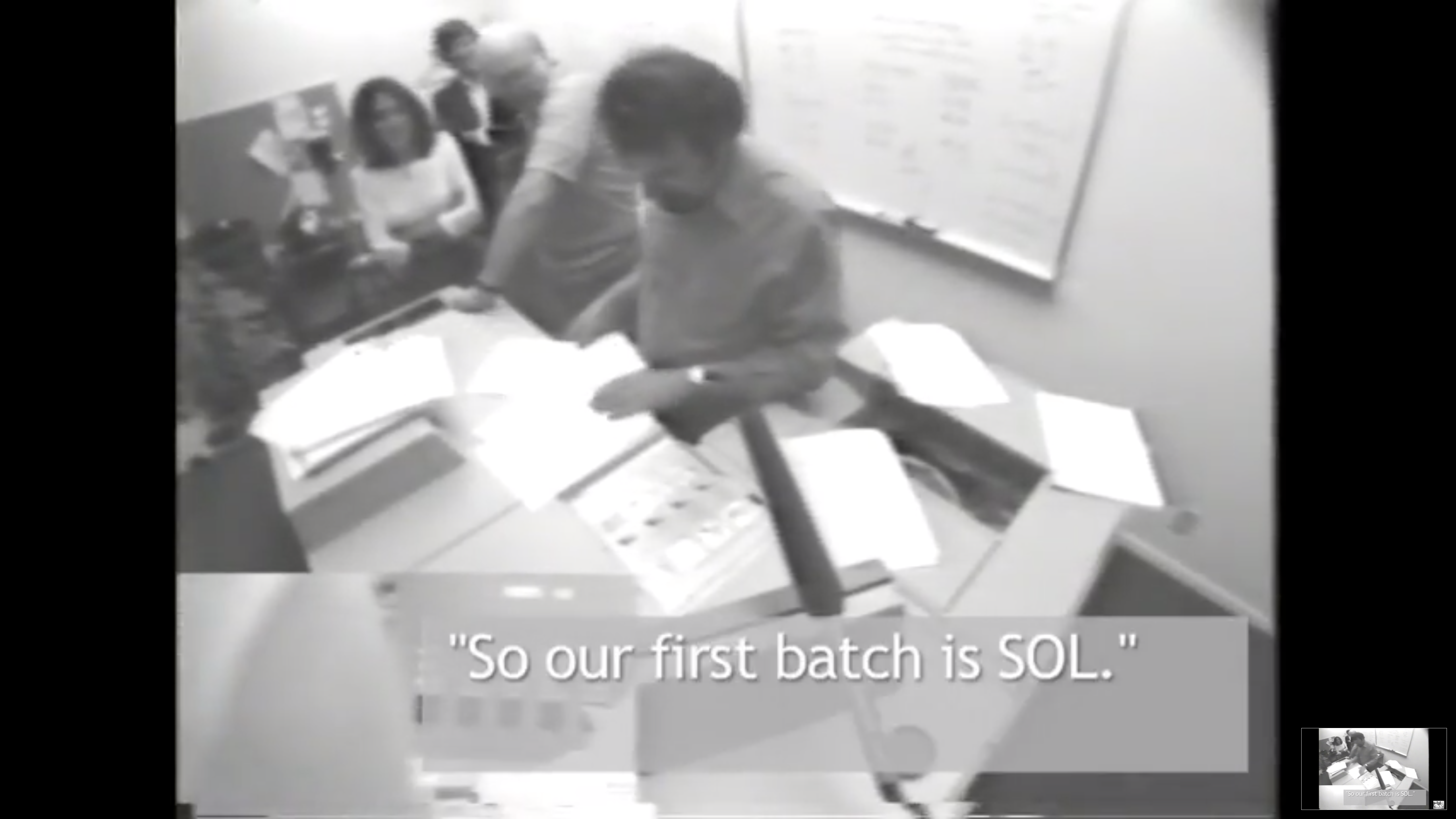
Lucy SuchmanProject type
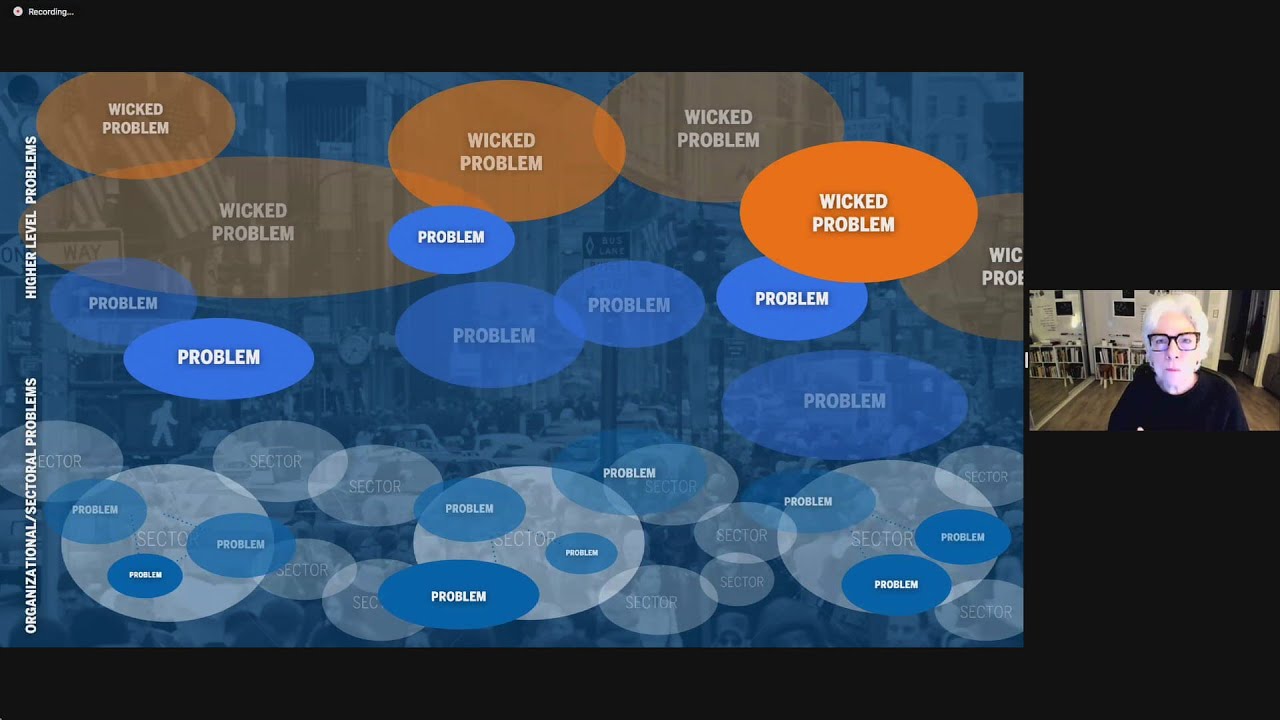
Terry IrwinProject type
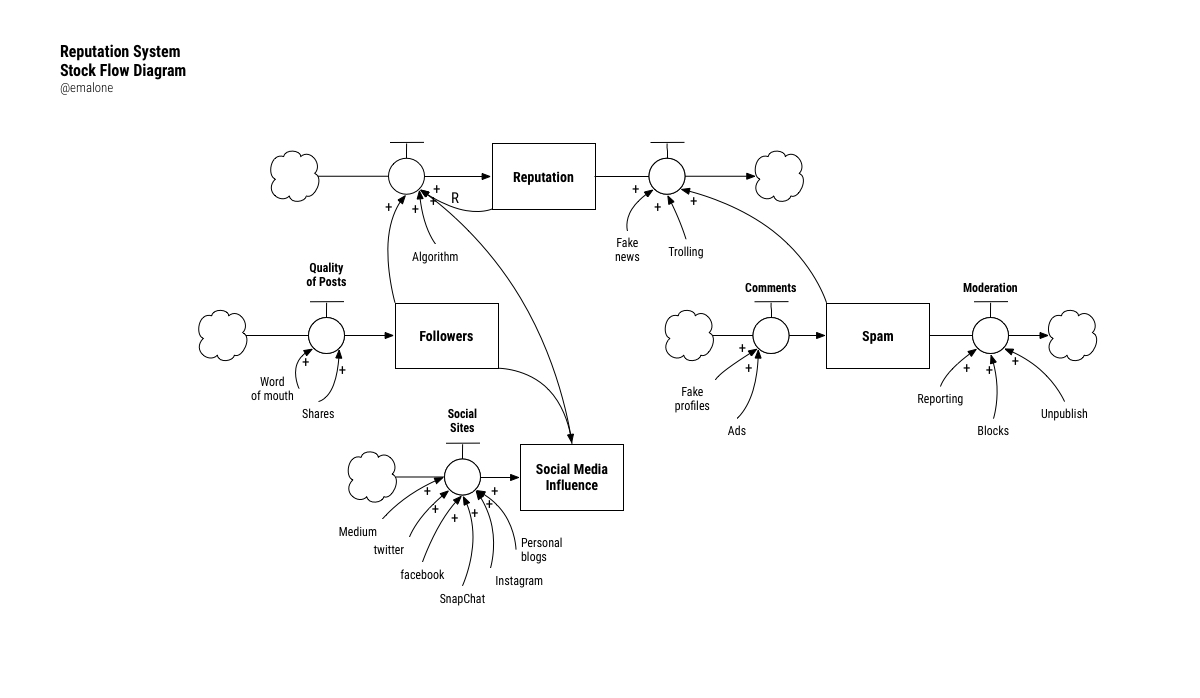
Donella MeadowsProject type

Maureen StoneProject type

Ray EamesProject type
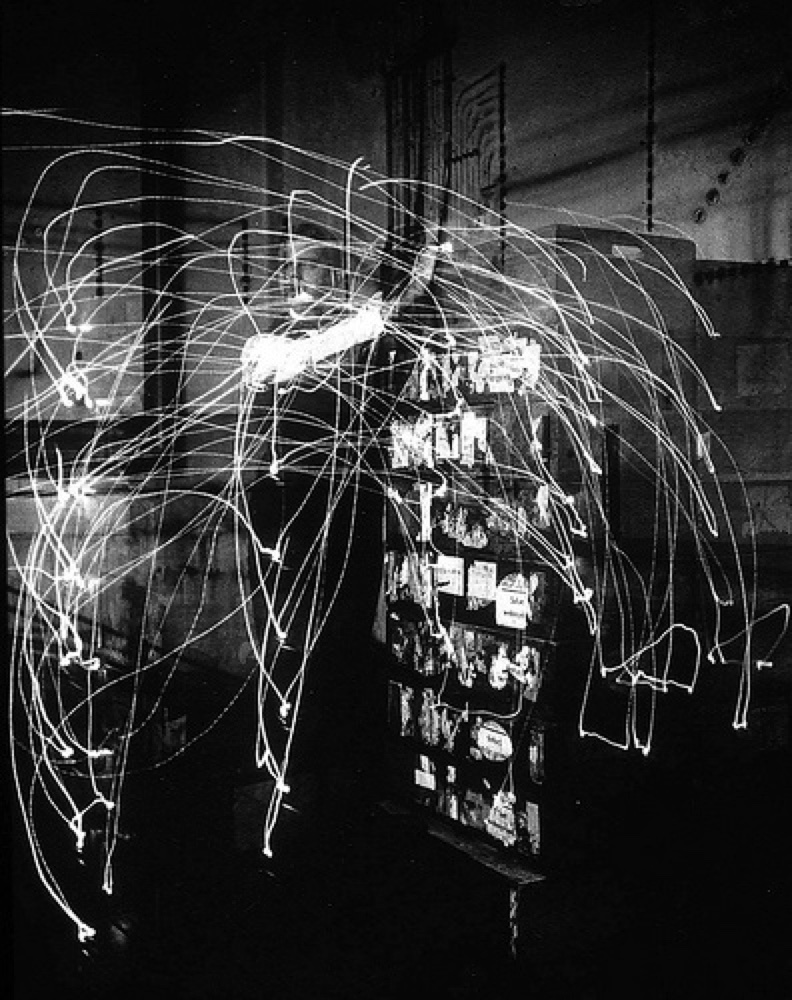
Lillian GilbrethProject type

Mabel AddisProject type

Ángela Ruiz RoblesDesigner

